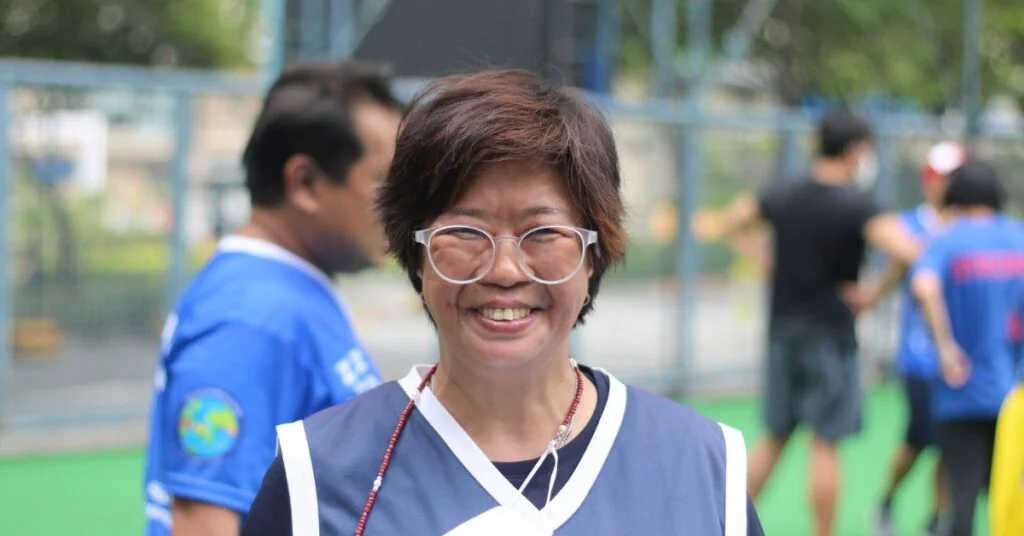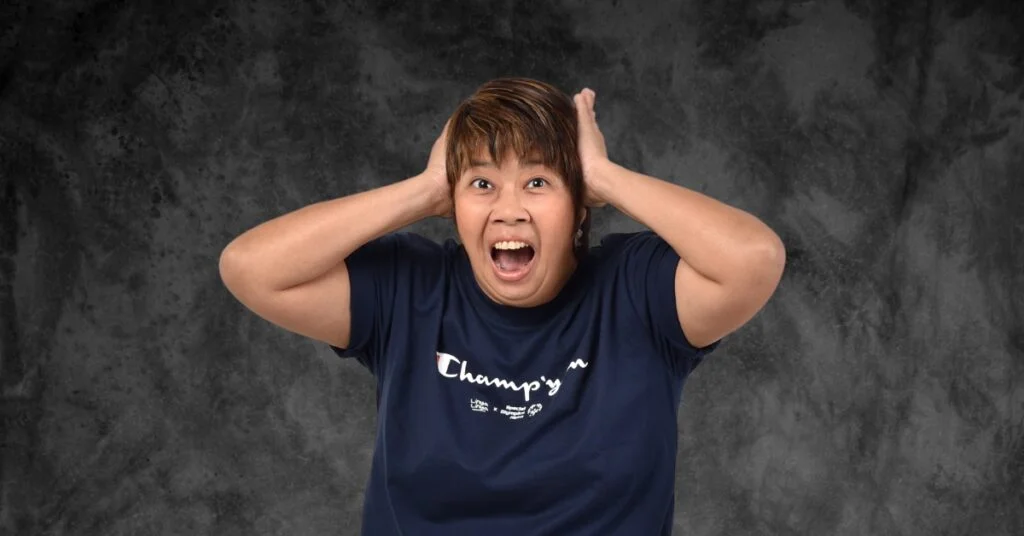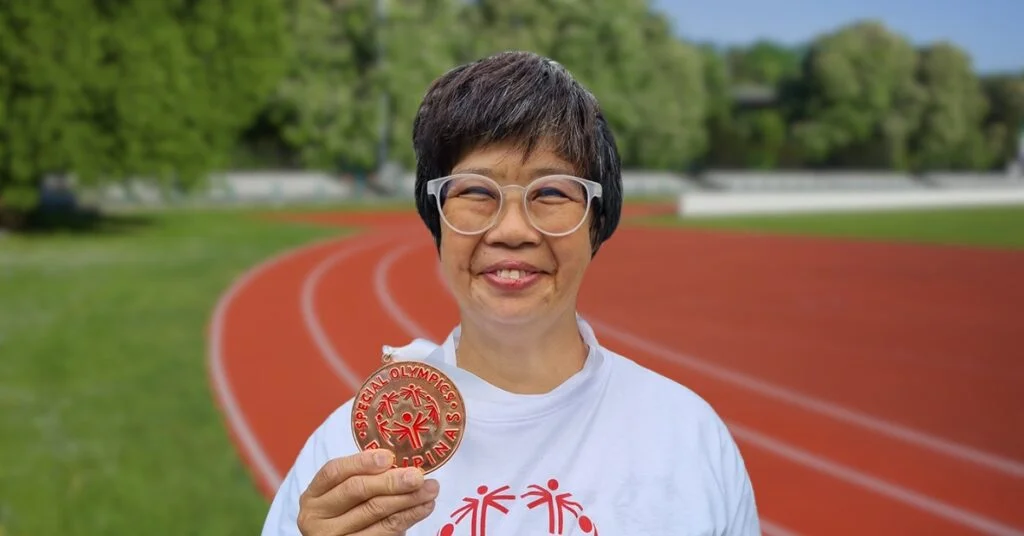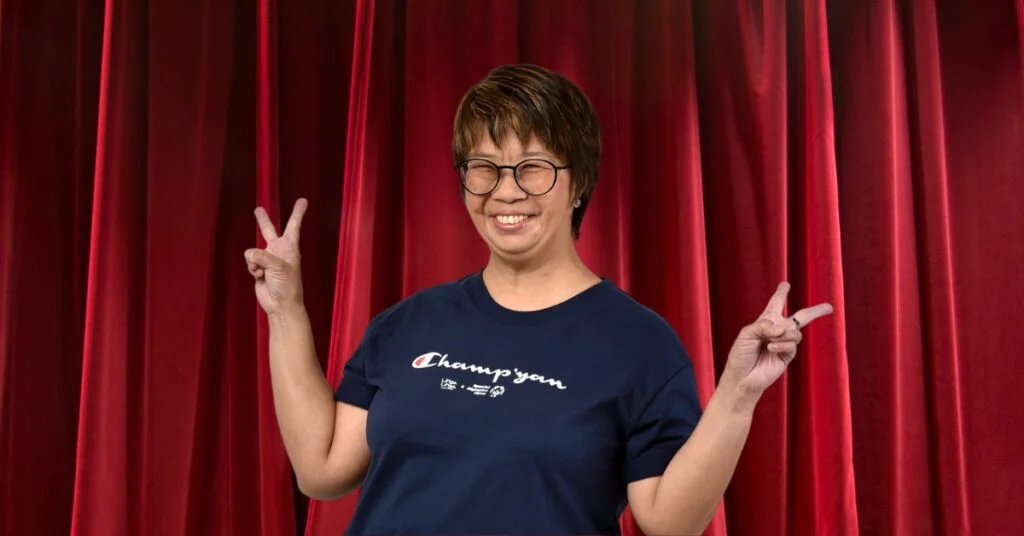Female athletes with intellectual disabilities are at the core of intersectionality as they navigate different types of problems.
For many, International Women’s Month represents a time to celebrate the progress made toward gender equality and to reflect on the work that still lies ahead. It’s a time to amplify the voices of women from all walks of life, including those who face intersecting challenges due to disability. Female athletes with intellectual disabilities are at the core of this intersectionality as they navigate not only the hurdles of gender inequality in sports but also the additional barriers imposed by societal attitudes toward disability.
In this feature, we’ll shed light on one woman’s incredible journey in overcoming obstacles and finding courage that has defined her athleticism and womanhood.
Introducing Liza’s Story

Liza Baento, at the age of forty-eight, took her first strides into the world of running in October 2020. Reflecting on her journey, she shares, “I liked this sport because it made me realize that I can still run and compete at my age.”
Despite not always finishing first, Liza emphasizes, “I’m still happy even though I don’t always end up first. No matter where I finish, I’m happy with what I’m doing. And I’m proud of it.”
Liza found a supportive community in the running. “I gained a lot of new friends, even my coaches. Everyone is kind, and I’ve never been bullied here,” she shares.
With unwavering support from her family, including her mother, Lily, and sisters, Rose and Jennifer, Liza navigates the challenges of being a female athlete with an intellectual disability. As she continues her journey, Liza finds empowerment in her pursuits. “I keep running to show other people that despite myself and my age, I can still run,” she says.
Challenges Faced by Female Athletes with Intellectual Disabilities

Liza’s journey underscores the importance of representation for women in sports, particularly those with disabilities, advocating for inclusivity and recognition in athletic arenas.
Female athletes with intellectual disabilities encounter unique challenges that go beyond the physical demands of their sport.
Society often underestimates women athletes with intellectual disabilities, casting doubt on their abilities and limiting their opportunities in sports. Proper hygiene care can be challenging because facilities might not be set up to help them properly. This not only undermines their achievements but also perpetuates harmful stereotypes.
On the other hand, the media also tends to show just one side of disability, leaving out many different experiences. Biases from the past, such as focusing mainly on males in autism research, still affect how we see and diagnose conditions. This biased media representation creates a “disability hierarchy,” favoring some disabilities over others and leaving some groups feeling left out. Recognizing and addressing these biases for fair treatment and better support is essential.
Help us make the change

Representation of female athletes with intellectual disabilities is crucial, shaping how society views and treats them. While representation in athletics plays a vital role in shaping societal perception, true empowerment for women with intellectual disabilities requires a multifaceted approach. While we share the story of Liza, we are also exploring key areas where we can make a significant difference for women with intellectual disabilities. Studies by the AAIDD demonstrate the effectiveness of self-advocacy programs in boosting confidence, communication skills, and decision-making abilities which are core tenets of Special Olympics Pilipinas programs aimed at helping women with disabilities become self-advocates and actively participants in shaping their communities.
To tackle these challenges, we need collaborative efforts between educational institutions, sports organizations, and disability advocacy groups like Special Olympics Pilipinas are essential. We can create more inclusive environments in athletic settings by working together and educating everyone involved.
Volunteer with Special Olympics Pilipinas to make a difference in lives like Liza’s. Join us in championing inclusivity and support for people with intellectual disability in the Philippines. Learn more and be part of the positive change in sports.

Make a statement and show your support for people with intellectual disabilities by wearing these shirts. All proceeds will go to funding and sustaining our programs for our athletes with intellectual disabilities. Ready to wear your support? Dive into the collection here.

You can also gift Special Olympics Pilipinas something extraordinary by donating your Globe Reward points on the Globe One App! Your points will help us create and maintain programs that help people with intellectual disabilities overcome social stigma through sports.
Donate by following these steps:
1. Download the GlobeOne app and log in
2. Tap on Rewards points
3. Search for Pilipinas Special Olympics
4. Select the denomination of points you want to donate
5. Confirm your donation
The holiday is more fruitful with the gift of giving!

